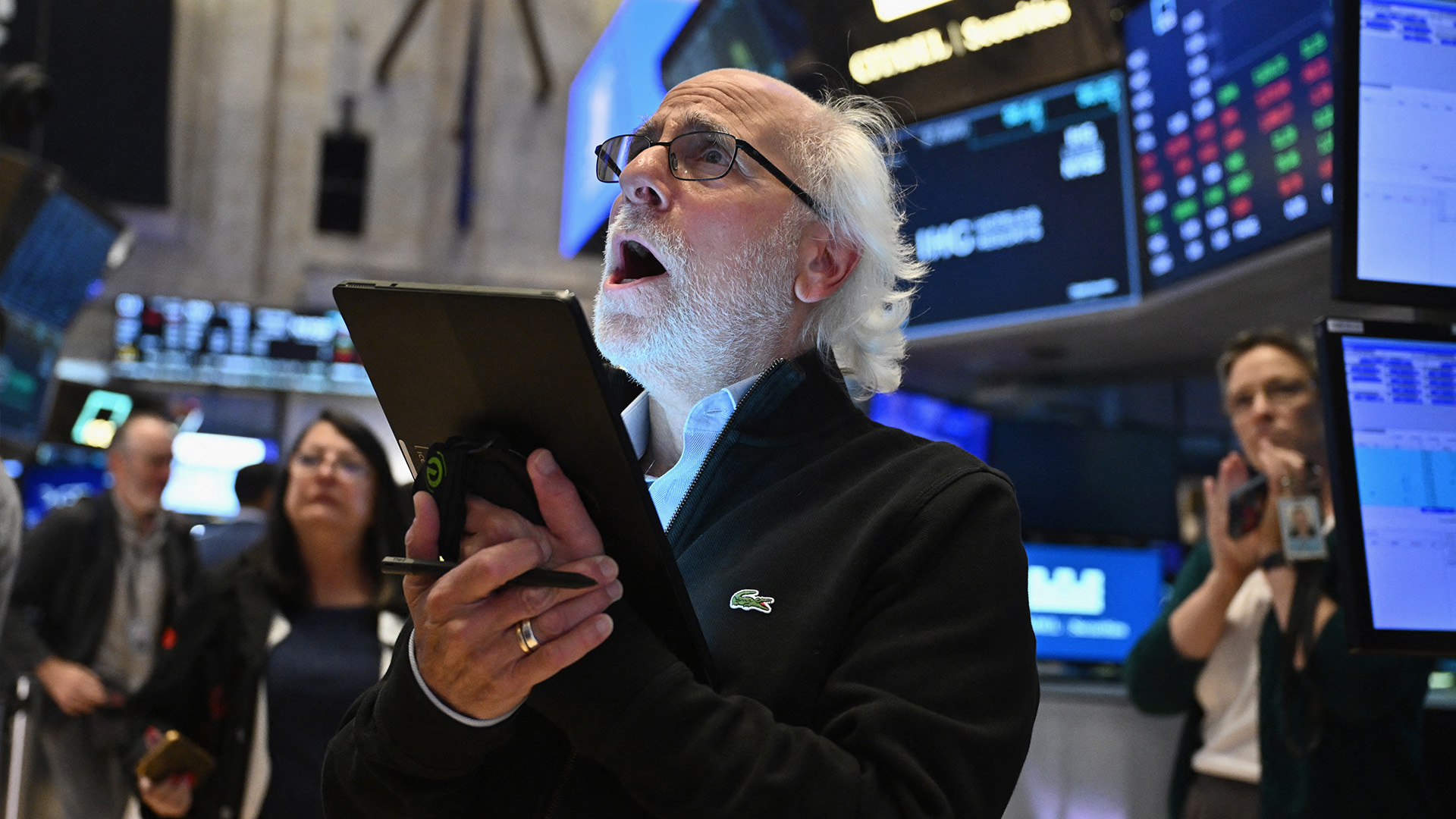
Simone Del Rosario: It’s made even the most basic investors look like Wall Street geniuses.
TikTok: I’m not recommending anything, but one could buy the S&P 500.
TikTok: I bet I’ll make more money by investing $1,000 into the S&P 500 than some shiny metal.
TikTok: There’s lots of reasons people don’t just put their money in here. The third reason, which is my personal one, is that I’m an idiot and thought I could beat it.
Simone Del Rosario: The S&P 500 is a weighted index that tracks the 500 largest companies traded in the U.S.
In 2024, it’s up 24%.
Over the past 10 years, it’s averaged 13% gains every year.
And since its inception, it’s gained an average of more than 10% per year.
Even investing legend Warren Buffett says this is where people should park their money.
Warren Buffett: Consistently buy an S&P 500 low-cost index fund. Keep buying it through thick and thin and especially through thin.
Goldman Sachs says the thin times are coming.
The investment group says the index is on track to return 3% a year over the next decade, a far far cry from its double-digit average.
They say it’s more likely than not U.S. Treasuries will bring bigger gains, and said investors should be ready for lower equity returns.
Chief Equity Strategist David Kostin says a big reason for the gloomy outlook is the high level of concentration in that basket of stocks. Because the S&P 500 index is weighted by company size, the so-called Magnificent Seven stocks make up nearly a third of it. And Kostin wrote, “Our historical analyses show that it is extremely difficult for any firm to maintain high levels of sales growth and profit margins over sustained periods of time.”











